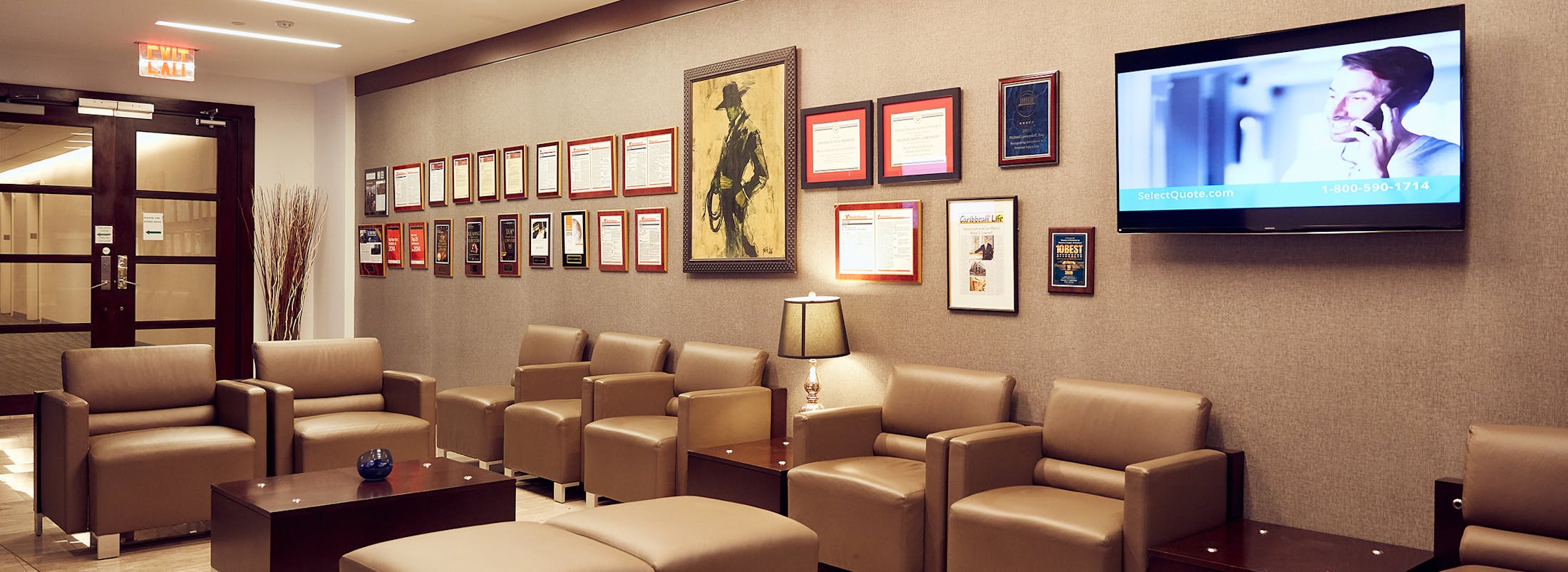Premises Liability and Trespassers: Do Property Owners Still Have Responsibility?
Premises liability law in New York generally holds property owners responsible for maintaining safe conditions on their property to prevent injuries. Based on this, the duty owed by a property owner varies depending on the legal status of the individual entering the premises. While property owners owe a clear duty of care to invitees and licensees, their responsibility toward trespassers is more limited but not entirely eliminated.

Definition of a Trespasser in New York Law
A trespasser is someone who enters a property without permission or legal right to do so. This can include individuals who knowingly enter restricted areas, people who wander onto private property unknowingly, or even those who unlawfully enter buildings. New York Penal Law § 140.05 makes it illegal to enter or remain on another person's property without permission. Under New York premises liability law, trespassers typically have the weakest legal standing to hold a property owner liable for injuries sustained while on the premises.
Limited Duty Owed to Trespassers
Unlike lawful visitors, trespassers are generally not owed a duty of reasonable care by property owners. New York law does not require property owners to maintain a safe environment for trespassers, nor are they obligated to warn them of potential hazards. However, property owners cannot intentionally create dangers designed to harm trespassers. For example, setting traps or using other means of intentional harm can lead to legal liability under premises liability law.
The Attractive Nuisance Doctrine and Child Trespassers
New York recognizes a legal exception for child trespassers under the attractive nuisance doctrine. This doctrine applies when a hazardous condition on the property is likely to attract children who may not understand the risks involved. Common examples include swimming pools, construction sites, abandoned buildings, and heavy machinery. In such cases, property owners may be required to take reasonable steps to secure their property or remove the danger to prevent injuries to children, even if they are trespassing.
Willful or Wanton Conduct and Liability for Trespasser Injuries
Although property owners generally do not owe a duty of care to trespassers, they can be held liable if they engage in willful, wanton, or reckless conduct that causes injury. This standard goes beyond mere negligence and involves deliberate actions or extreme disregard for the safety of others. For instance, if a property owner knows that trespassers frequently enter their property and deliberately place hidden dangers, they may be held responsible for resulting injuries.
Duty of Care When Trespassers Are Discovered
Once a property owner becomes aware of a trespasser’s presence, they may have a limited duty to exercise reasonable care to avoid causing harm. For example, if a property owner notices a trespasser in immediate danger due to a hazardous condition, they may have a legal obligation to provide a warning or take action to prevent harm. This duty, however, is not as extensive as the duty owed to invitees or licensees.
Criminal Trespassers and Comparative Negligence
When a trespasser is engaging in criminal activity, such as burglary or vandalism, their ability to claim damages for injuries is significantly diminished. New York follows a comparative negligence rule, which means that if a trespasser’s actions contributed to their injury, their ability to recover damages may be reduced or eliminated. Courts usually weigh the degree of responsibility of both the trespasser and the property owner in determining liability.
Defenses Property Owners May Use in Trespasser Injury Claims
Property owners in New York and their insurance companies may use various defense strategies if an injured trespasser pursues a premises liability claim for damages. The most common defenses include:
- No duty of care: The owner can argue that they owed no duty of care to the trespasser beyond refraining from intentional harm.
- Comparative negligence: If the trespasser’s actions contributed to their injury, the owner may argue that their liability should be reduced or eliminated.
- Lack of foreseeability: If the property owner had no reason to expect trespassers, they may not be held liable for injuries.
- Criminal activity: If the trespasser was engaging in illegal acts, this may serve as a complete defense against liability.
Choose an Experienced Premises Liability Lawyer in New York City
If you have suffered injuries in an accident due to unsafe property conditions, New York City premises liability attorney Michael S. Lamonsoff "The Bull" will fight to hold the negligent property owner accountable for maximum damages on your behalf. Mr. Lamonsoff’s passionate and no-holds-barred approach has led to some of New York's highest settlements and verdicts for our clients.
As a distinguished member of the Million Dollar and Multi-Million Dollar Advocates Forum, and with our firm consistently featured in "VerdictSearch’s Top New York Verdicts," Mr. Lamonsoff has a proven track record of success. No case is too large or too small for the Law Offices of Michael S. Lamonsoff. To schedule your free consultation, call us today at 212-962-1020 or contact us online.

